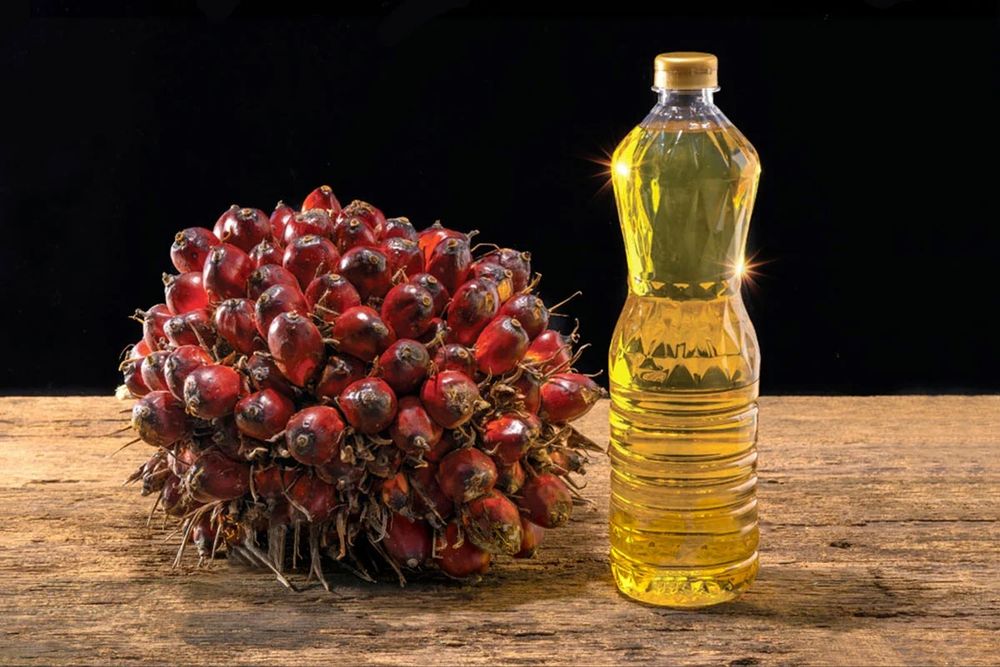MSPO must be dynamic, keep up with global priorities to add value to palm oil sector – Johari

The Malaysian Sustainable Palm Oil (MSPO) — the new name for the Malaysian Palm Oil Certification Council — has been urged to focus on three matters to ensure that the council will be able to continue to provide added value to the nation’s palm oil industry.
Plantation and Commodities Minister Datuk Seri Johari Abdul Ghani said MSPO, among others, should be dynamic and keep abreast of the rapidly evolving global priorities.
“The ministry will ensure the MSPO certification scheme is being continuously improved so that it remains relevant in meeting international sustainability standards, especially with regard to elements such as traceability, deforestation-free, legitimate land ownership and good labour practices,” he said in his speech for the MSPO 10th anniversary celebration here today.
Johari’s speech was read by the ministry’s deputy secretary-general (strategic planning and management) Datuk Abdul Hadi Omar.
At the event, MSPO also signed memorandums of understanding (MoU) with four higher education institutions, namely IIUM Higher Education Sdn Bhd, Persatuan Regenerasi dan Kelestarian Alam, Felcra College and City University.
Ten MSPO Youth Ambassadors from each institution have been selected to promote and raise awareness among other students about the MSPO certification.
Johari also noted that the agency will launch the MSPO Strategy Action Plan 2024-2026, which is based on three main strategies: building a robust and reliable sustainability certification scheme; ensuring compliance of industry players and adding value to MSPO certification; and expanding the recognition and acceptance of MSPO.
He said that the rebranding of the MPOCC is part of initiatives to strengthen the MSPO as a high-quality and world-class palm oil certification scheme.
“Throughout the 10 years since the establishment of the MSPO, the efforts of the government and industry players in improving the level of sustainability of this industry have borne fruit.
“As of April 2024, 4.94 million hectares or 87.4 per cent of the oil palm plantation area, 407 out of 446 oil palm mills and 151,152 smallholders (66 per cent) covering 542,215 hectares have been certified,” he said.
MSPO has also received various recognitions and signed several MoUs with stakeholders in buyer countries such as Japan, China, India, Mongolia and the Philippines.
The agency had also signed an MoU with the Halal Development Corporation Bhd to promote the country’s palm products to the global halal market.
Johari said during a bilateral discussion between the ministry and the European Union (EU) regarding the European Union Deforestation-free Regulation (EUDR) and MSPO, Malaysia had received positive feedback regarding its efforts to reduce deforestation rates.
“The EU provided meaningful recognition about Malaysia’s commitment to sustainable commodity production,” he said.
Meanwhile, Johari highlighted the MSPO 2.0 standards, an initiative to enhance the certification’s credibility through the incorporation of new elements such as High Conservation Value (HCV), Social Impact Assessment (SIA), Greenhouse Gas (GHG) emissions as well as elements to address forced and child labour issues.
“We should hold effective engagement sessions with stakeholders such as policymakers, consumer associations, non-governmental organisations, and traders to increase awareness of Malaysia’s initiatives and commitments.
“Through this step, MSPO will be recognised by the international business community and consumers. MSPO must be more active in engaging with local and international forums or conferences, especially those that discuss issues related to sustainability or the global cooking oil industry,” he said.
Johari also said that all palm oil produced by operators certified by MSPO must ensure that they place the MSPO logo on the palm oil products sold, both in the local and international markets.
This is a significant step towards making MSPO a reliable and trustworthy certification body, he said, adding that this will enable the government to be the main defence bulwark in dealing with negative perceptions of the oil palm industry.
Read also
Wheat in Southern Brazil Impacted by Dry Weather and Frosts
Oilseed Industry. Leaders and Strategies in the Times of a Great Change
Black Sea & Danube Region: Oilseed and Vegoil Markets Within Ongoing Transfor...
Serbia. The drought will cause extremely high losses for farmers this year
2023/24 Safrinha Corn in Brazil 91% Harvested
Write to us
Our manager will contact you soon



